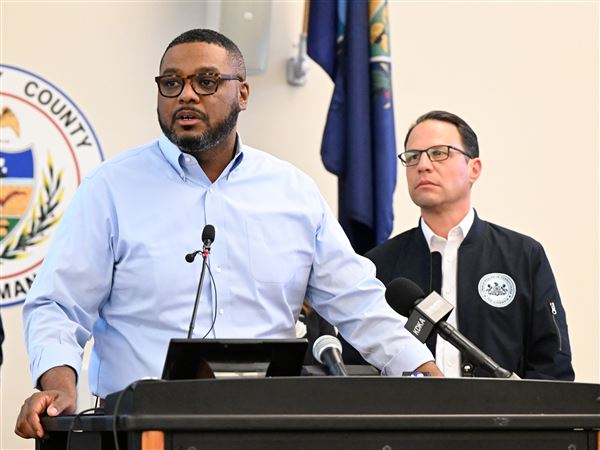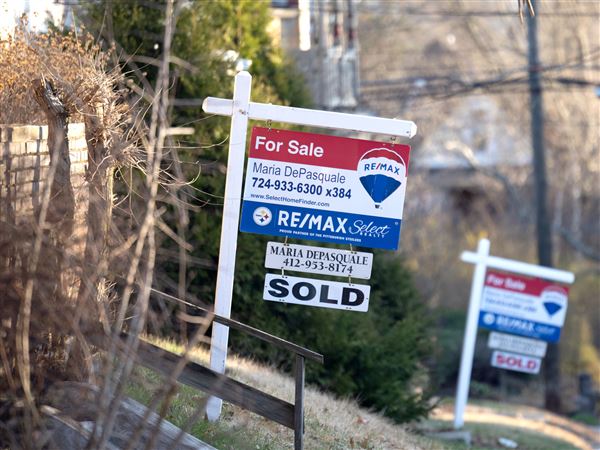Fewer than half of U.S. eighth-graders knew the purpose of the Bill of Rights on the most recent national civics examination, and only 1 in 10 demonstrated acceptable knowledge of the checks and balances among the legislative, executive and judicial branches, according to test results released Wednesday.
At the same time, three-quarters of high school seniors who took the test, the National Assessment of Educational Progress, were unable to demonstrate civic skills such as identifying the effect of U.S. foreign policy on other nations or naming a power granted to Congress by the Constitution.
"Today's NAEP results confirm that we have a crisis on our hands when it comes to civics education," said former Supreme Court Justice Sandra Day O'Connor, who last year founded icivics.org, a nonprofit group that teaches students civics through Web-based games and other tools.
The Department of Education administered the tests, known as the nation's report card, to 27,000 fourth-, eighth- and 12th-grade students last year. Questions cover themes including how government is financed, what rights are protected by the Constitution and how laws are passed.
Average fourth-grade scores on the test's 300-point scale rose slightly since the exam was last administered, in 2006, to 157 from 154. Average eighth-grade scores were virtually unchanged at 151. The scores of high school seniors -- students who are either eligible to vote or about to be -- dropped to 148 from 151. Those scores mean that about a quarter of 4th- and 12th-grade students, and about one-fifth of eighth-graders ranked at the proficient or advanced levels.
"The results confirm an alarming and continuing trend that civics in America is in decline," said Charles N. Quigley, executive director of the Center for Civic Education, a California-based nonprofit group. "During the past decade or so, educational policy and practice appear to have focused more and more upon developing the worker at the expense of developing the citizen."
One bright spot was that Hispanic students, who make up a growing proportion of the nation's population, narrowed the gap between their scores and those of non-Hispanic white students. On average, Hispanic eighth-graders scored 137, and non-Hispanic whites 160. That 23-point gap was down from 29 points in 2006. Among high school seniors, the gap narrowed to 19 points from 24 in 2006.
The black-white achievement gap in civics, which is about 25 points at the fourth- and eighth-grade levels and 29 points among high school seniors, did not change significantly.
The results showed that fourth- and eighth-graders fared worse in civics than in any other subject except history.
First Published: May 5, 2011, 4:00 a.m.
















